Affiliate links on Android Authority may earn us a commission. Learn more.
Non Sense: Maybe HTCshould rock stock
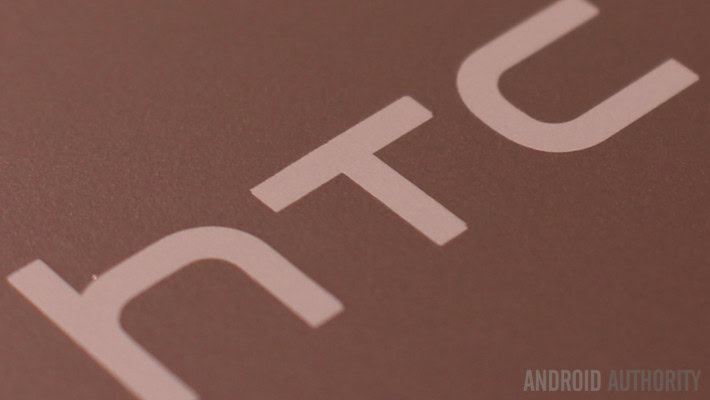
Earlier this month, HTCannounced its new flagship for the year, the subtly named “10″. In the days and weeks since then, the phone has received a heaping helping of praise and prestige. Reviewers have commented on the new design, the high-fidelity audio performance, and a host of other top-notch features and components. So too have people been praising HTCfor its “de-bloating” of Sense, the Taiwanese OEM’s long-standing UX skin.
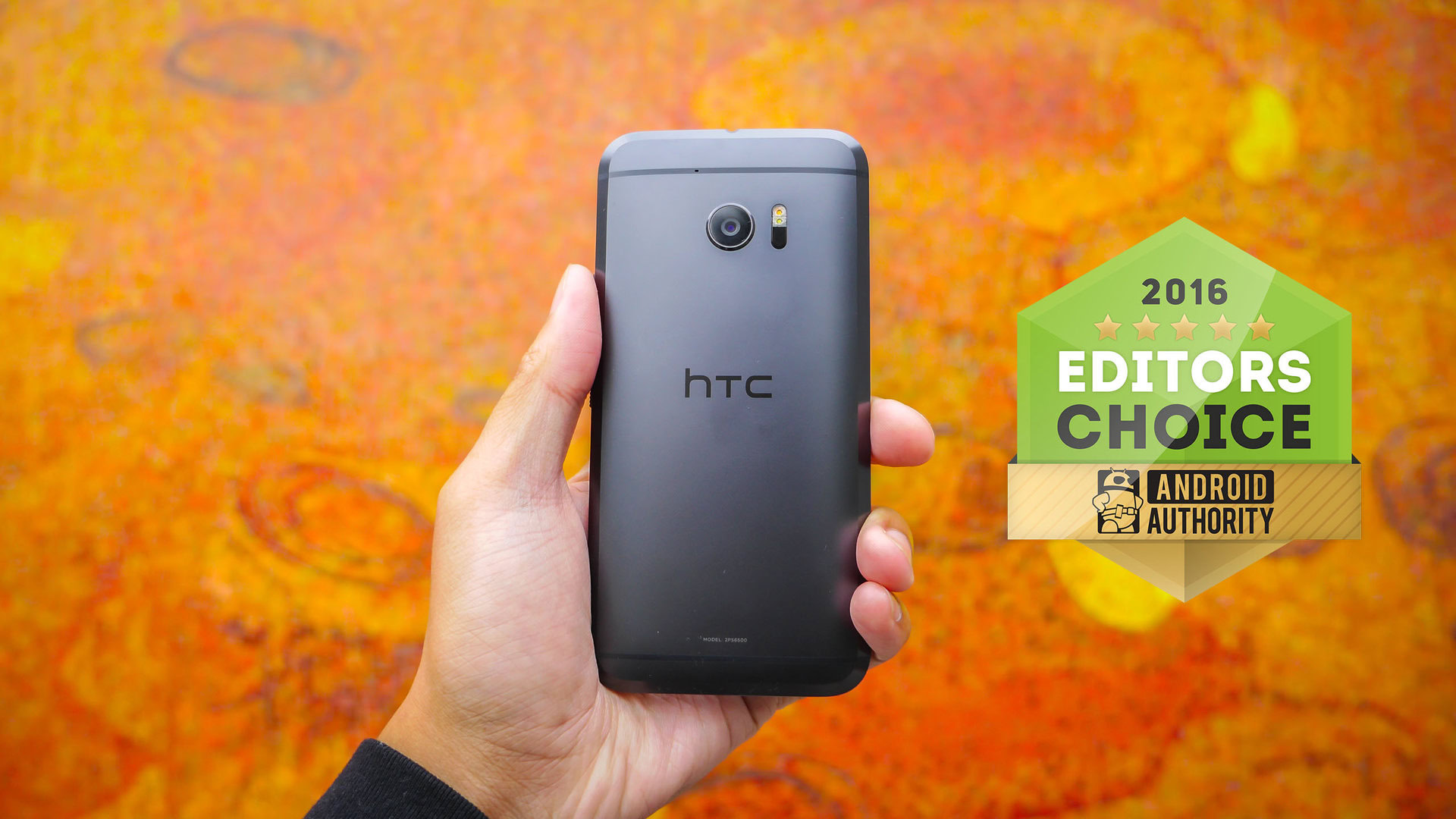
Dating back even to the days of Windows Mobile, Sense has become more refined with each iteration and perhaps no more so than with the current Sense 8.0. In addition, HTChas removed duplicate apps from its ROM image to ensure that there aren’t two music player applications and so on and so forth.
With all of this said however, there is a part of me that seemingly knows the 10 won’t see the kind of sales and shipments HTCwants, let alone needs to keep things functioning. When the One M7 released in 2013 and the One M8 in 2014, they were also praised to no end; the media’s darling. Now, with Samsung offering what is arguably its strongest flagship ever in the Galaxy S7 (and Galaxy S7 Edge) even those who are predisposed to premium build quality need not opt for HTC.
So I have a radical proposition: HTCneeds to remove Sense entirely from its devices and start to load them with plain vanilla Android. Allow me to explain.
The problem at hand
Before even addressing why I think removing Sense entirely might be a good idea for HTC, let’s first touch upon what the problem is:
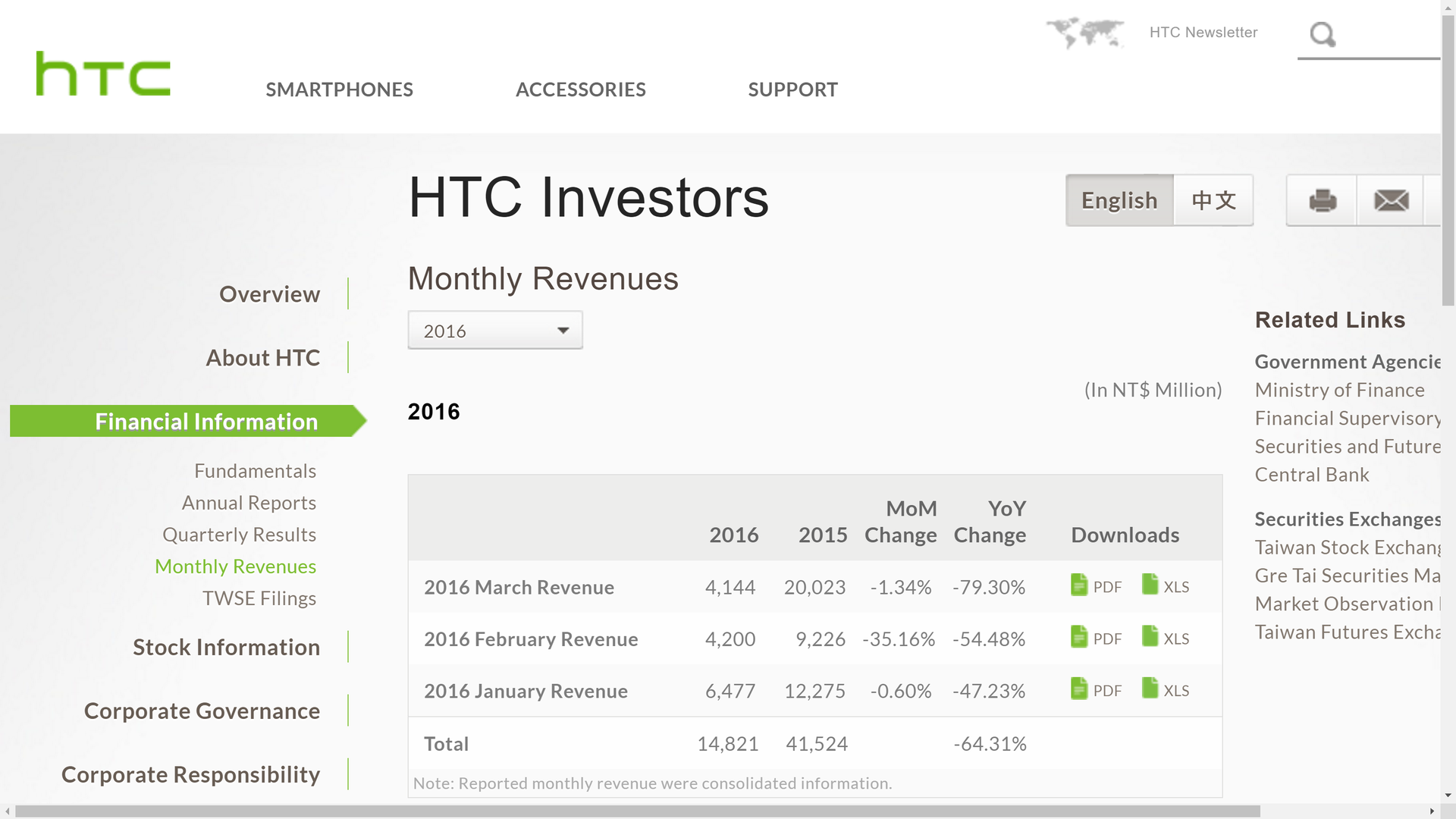
While the data speaks for itself, let’s just point out the obvious: things aren’t going well. Part of this is due to keen competition from rivals, however the overall lackluster reception to last year’s flagship, the HTC One M9, also needs to be factored in. HTC’s current consumer situation can be summed up as follows:
- HTC has lost “casual” customers who have gone to competitors.
- HTC has burnt bridges with more committed customers due to sparse update or lack thereof entirely.
- HTC has disappointed some committed customers with last year’s One M9.
- HTC has decreased brand-awareness due to smaller market share and even things like this.
In addition, HTCis often called out for its use of Sense, especially among the would-be customers that love its design and attention to details, but want Stock Android, unlocked bootloaders, or whatever else may be the case.
With this in mind, let’s find out what’s on mine as we explore just why non Sense is perfectly sensible.
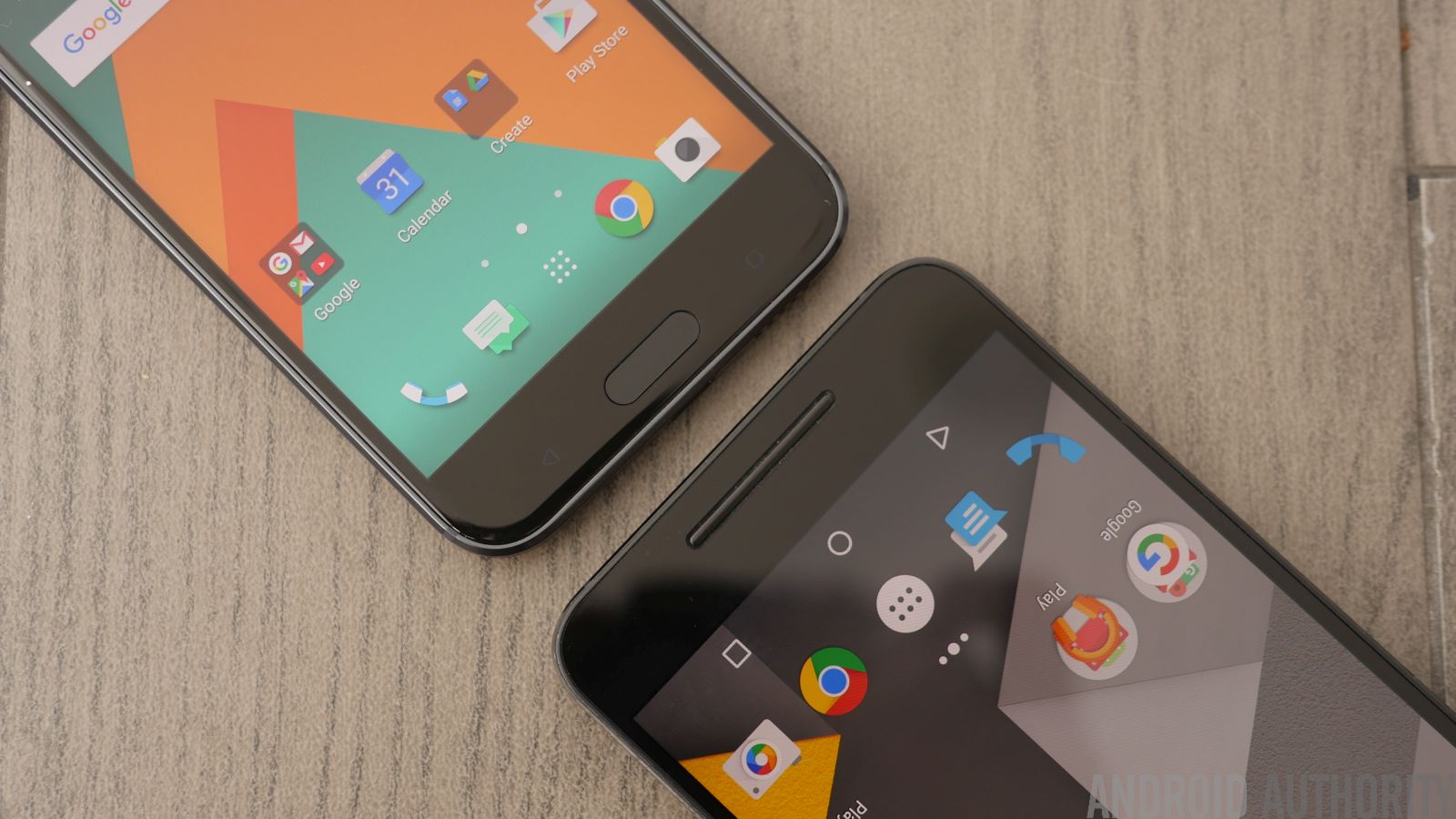
HTC can “out-Nexus” Google
[related_videos align=”right” type=”custom” videos=”676923,651620,650937,651264″]Let it be said that the Nexus hardware – while highly desirable for Android enthusiasts – don’t really chart when it comes to sales figures. They are niche devices through and through; reference hardware that Google uses to school OEMs but which also allows customers to purchase. As most readers probably know, Google itself selects the hardware manufacturer each year, with last year seeing two different ones: HUAWEI and LG. These OEMs work closely with the Android team to deliver the optimal Android user-experience as Google envisions it.
Now let’s consider HTCfor a second. Despite having been integral to the early days of Android – the first commercial handset was made by HTC, and later the Nexus One – Taiwan’s tech darling has basically sat on the sidelines all the years since. Sure it was commissioned to craft the Nexus 9 tablet back in 2014 but said product was of limited appeal and unfortunately did not showcase the company’s typical commitment to design.
Just imagine if HTCwere to have released the 10 as a stock Android device.
- It would essentially be viewed as a new Nexus device for all intents and purposes, much like how the Pixel C was seemingly in all but name as well. Every single Nexus-enthusiast would take note as a result, even if they weren’t necessarily going to buy it.
- HTC would have an instant marketing point that no other major OEM could claim: “We rock stock”. This could mean OTA updates on an almost simultaneous schedule with Google’s own Nexus devices, along with longer-term commitment to providing said updates. HTCtried to capitalize on such a thing with the One A9 last fall, but the 2-week update commitment is unfortunately just for the American version.
- HTC itself might manage to capture more potential would-be Nexus customers than a “lesser known” company like HUAWEI, at least in some territories.
- As a stock device, Google itself might be interested in promoting it, thus giving a major free PR boost to HTCin the process and gaining the device much wider exposure.
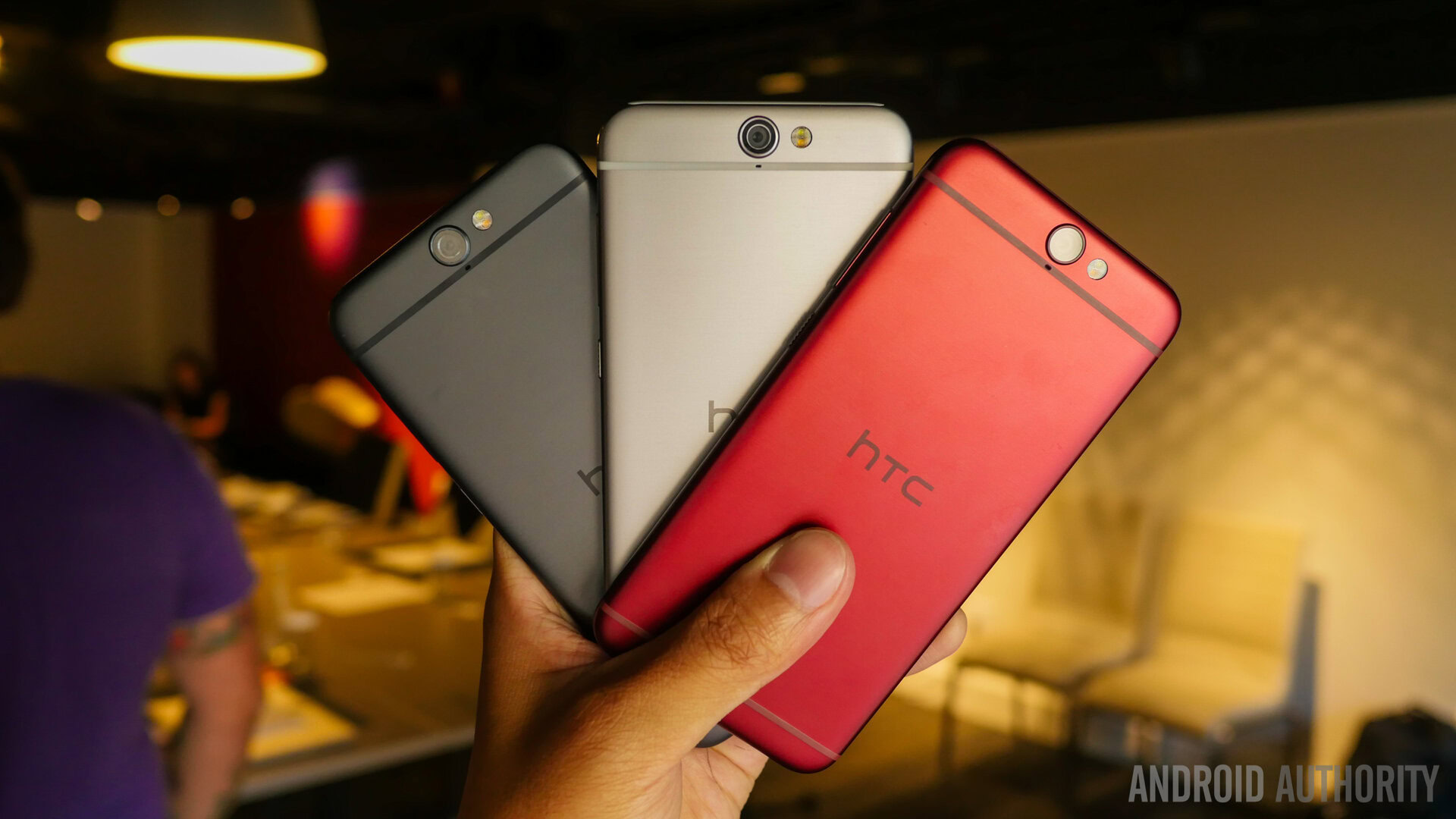
Collective benefits
In turn, this process could have added benefits for Android:
- It could push other OEMs to release “de-skinned” variants of their products as well. This would – in theory – be similar to the Google Play edition devices that Google itself experimented with back in 2013, but the difference would be the OEMs would be internalizing the efforts.
- It would make Android itself more unified and seek to reduce the fragmentation issues and low adoption rate for new Android builds.
- It might force Google itself to re-imagine the Nexus program. This in turn, might lead to faster updates for major build releases instead of an annual cycle dictated by set hardware refreshes.
- It might encourage Google to begin selling other stock devices on its Play Store instead of just Nexus ones.
- It might force Google to take a more serious approach to new technology and ideas than the more “leisurely” pace it has adopted with respect to things like Split Screen functionality or even a Theme store (which has yet to appear).
How to de-Sensitize

Of course, the major issue would be just how to do this or to what extent it should be done. HTCobviously feels Sense is worth keeping less it would have repealed its implementation ages ago. And while some might feel it to be pointless, others might love the added functionality it provides. Should HTCmake two variants of each phone so customers have a choice? Perhaps, but that just creates confusion for those who don’t know what stock Android is.
Should HTCmake “vanilla or Sense” an option when users first set up their device? Perhaps, but that also means confusion. If the OEM actively sought to de-bloat Sense this year, it certainly won’t want to make things more difficult going forward.
The solution then, may be to create an all-new product line. HTCcould make a set number of products that run stock Android and market it as such. Pure Android, no compromises, no delays. It could even work with carriers to ensure that updates would be smooth and swift, or perhaps just sell the devices directly as Google usually does with its Nexus hardware.
Move over Moto
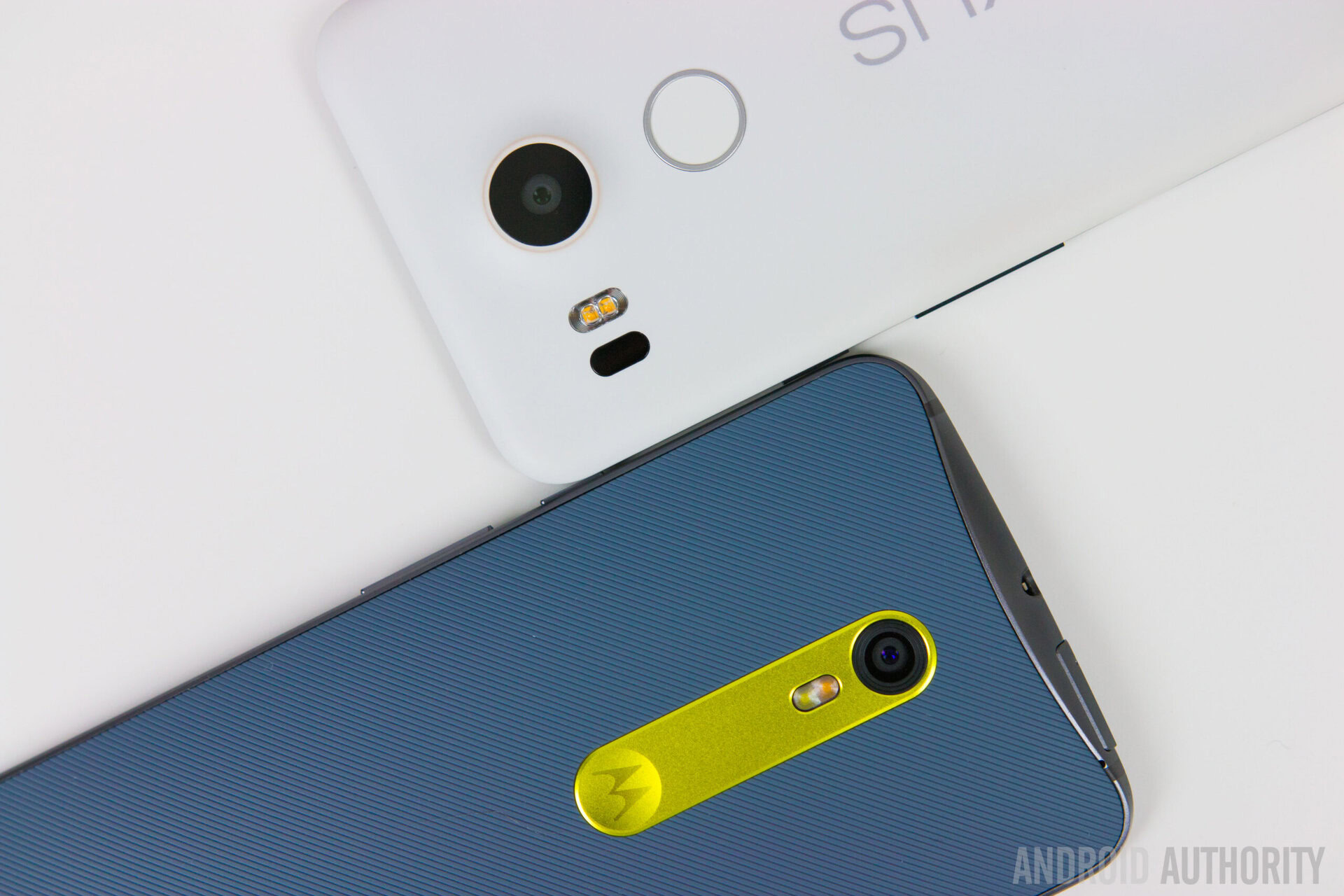
Would this proposition “save” HTC? It’s doubtful given that the sheer volume of sales would need to be unprecedented. This is quite challenging given the keen competition. Still, as companies like Samsung, LG, HUAWEI, and Xiaomi continue to alter stock Android, it creates a unique sales point for HTC, and a product line that no one, not even Motorola, can compete with.
In fact, I would argue that HTCcould actually usurp Motorola’s “darling” status by doing this. In the past, products like the Moto X have seen relatively quick Android updates, however last year’s Marshmallow upgrade process has taken a major turn for the worst with significant delays and lag involved. Fans and owners have taken note, and many are blaming Lenovo.
Speaking of Lenovo, Motorola’s parent company has actually said it plans to create a hybrid skin merging Lenovo’s own UX with the more “stock” Motorola builds. While this was specified as pertaining only to China, it’s difficult to say how the future will pan out. With the idea I am proposing here, HTCcould stand to net many of the customers that Motorola is seemingly burning bridge with.
Good for all
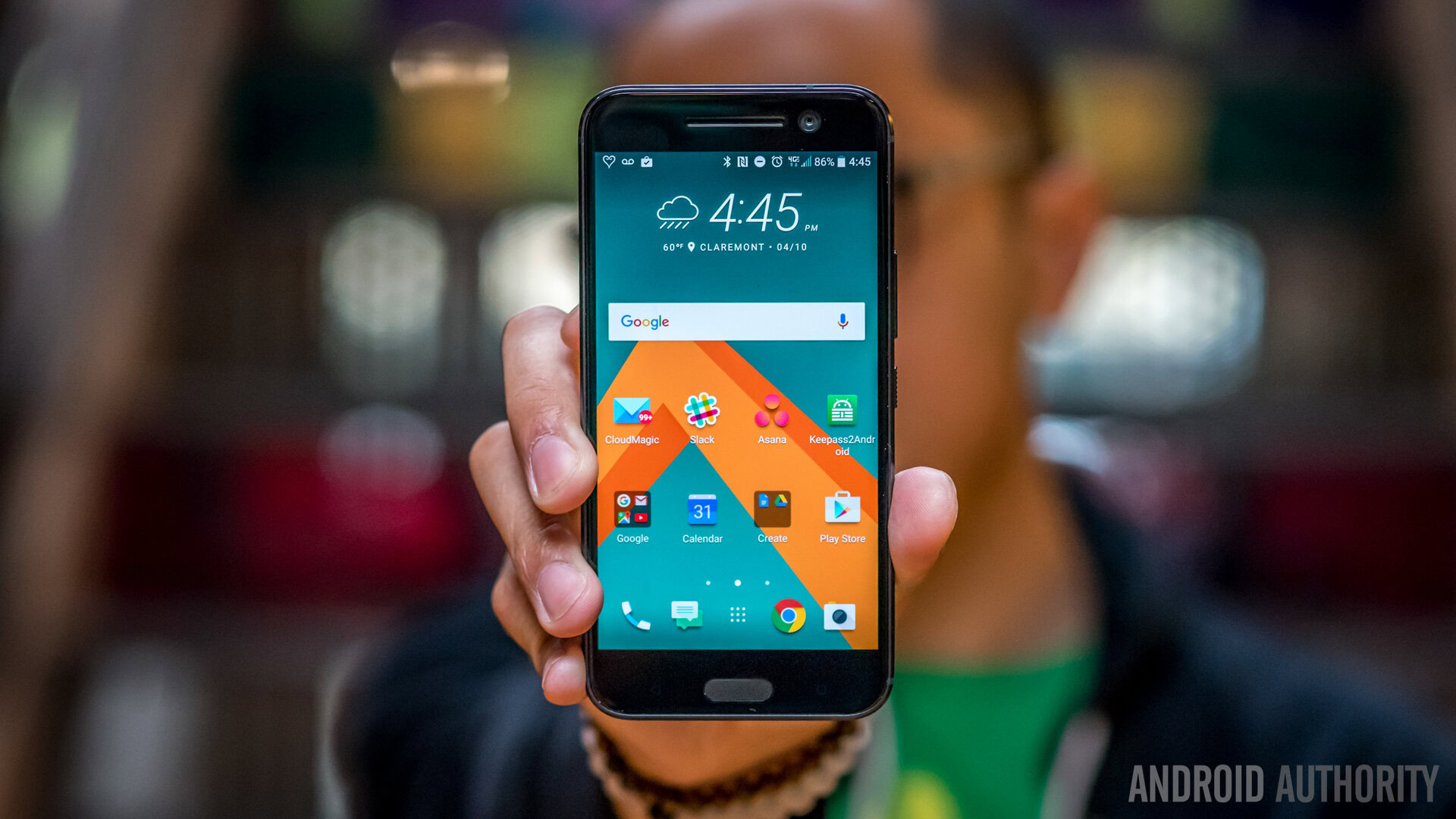
In truth, the argument contained herein can be applied to any OEM, really. The key is that Samsung is doing exceptionally well this year, LG arguably has some more work cut out for it, HUAWEI loves its skin, and Motorola is heading down an unknown path. HTCis – arguably – the only golden poster boy for the Android world that consistently puts out grade A hardware that excites fans and enthusiasts alike, but who is constantly facing an uphill battle due to diminishing market share and decreasing brand awareness.
While this idea might not save HTCper se, it would certainly be a bold and dynamic statement to the tech world that would get people to take more note of it. And that is exactly the kind of exposure and increased media presence it needs. It would allow the company to stay “relevant” even after the hype from a flagship cools off, and simultaneously make it more of a direct competitor for even a company like Apple.
The key here is that before HTCcan ever hope to become a prominent powerhouse again, it first needs to rebuild a stable and loyal group of fans, many of whom have long since set sail for other waters. With this framework in place, the company will have a more solid base in which it can expand its presence.
What do you think? Should HTCremove Sense entirely? Should it create a separate product line? Are things fine the way they are? Please vote in the poll and add your two-cents below to let everyone else know!